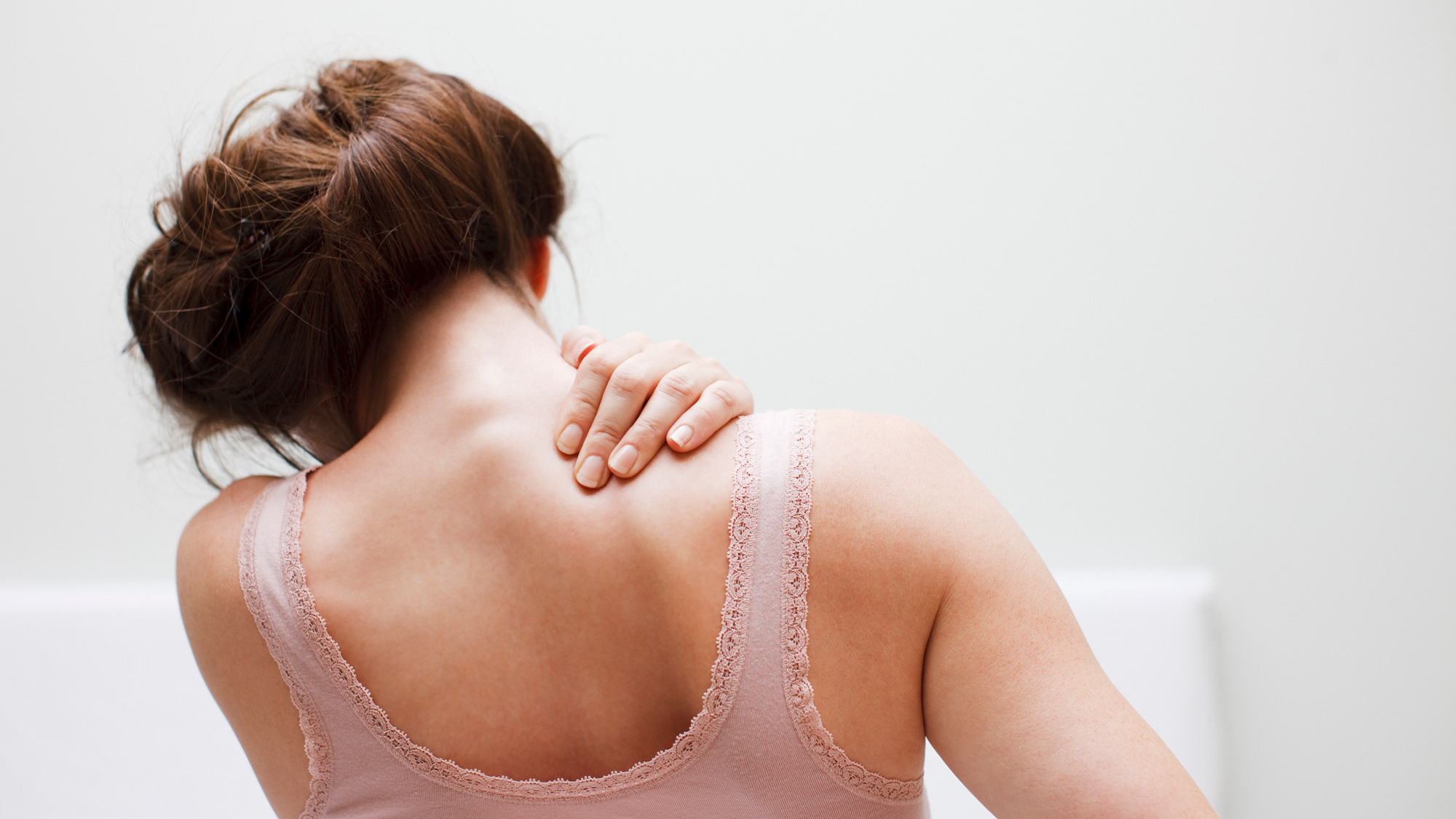Suffering from menopausal joint pain? Here’s four ways to manage this
Menopause can bring on joint pain and discomfort for many women but there are simple ways to manage this better


Many people associate hot flushes, night sweats and low moods with menopausal symptoms but a certain symptom that is less talked about is joint pain. Such pain can be experienced in the knees, shoulders, hands, and hips.
Fortunately, there are various supplements designed to ease the intensity of menopausal symptoms. Things like the best menopause supplements or the best vitamins for women over 50 are available to women who are going through the transition and are looking to reduce the impact.
Painful joints are often overlooked because people tend to associate aches like this with the process of ageing. However, according to a study published inside the Journal of Women's Health joint pain affects 40% of all menopausal women.
Women can often overlook signs of joint pain but to manage this better, it can help to take note of the impact that hormonal changes may have when menopause is approaching.
Dr Anne Henderson, a Consultant Gynaecologist and Accredited Menopause Expert who also works with GOPO Joint Health says, "Oestrogen has a direct impact on the musculoskeletal system, particularly joints. It can decrease collagen which is found in muscles, tendons, ligaments and the joint itself, as well as helping the “synovial buffering” fluid in joints such as the hip and shoulder.
"A reduction in oestrogen during menopause helps to explain why women of this age are much more likely to suffer from musculoskeletal conditions.”
Thankfully, our collagen levels can be increased by taking collagen supplements - this includes products that you can even add to your morning coffee or smoothie.
Start your week with achievable workout ideas, health tips and wellbeing advice in your inbox.
Alternatively, you can include more foods rich in vitamin C and amino acids into your diet, such as oranges, kale, red peppers or brussel sprouts (fitting time for the festive period).
Moreover, there are a few other things worth considering if you are female, over 45 and looking for ways to protect the long-term health of your joints and maintain good mobility.
Three ways to protect your joints:
- Stay hydrated: if you aren't staying well hydrated throughout the day you risk exacerbating joint pain amongst other menopausal symptoms. Dehydration can also cause a build-up of uric acid which can lead to inflammation.
- Exercise: physical activity can help synovial fluid circulate in the joints and promote blood flow, this then increases oxygen and nutrient flow to the joints. You won't want to bear too much weight on your joints so activities like low-intensity yoga or swimming can be a good place to start.
- Nutrition: try to include foods with anti-inflammatory properties like nuts, leafy greens, and olive oil to maintain a healthy balanced diet. This will also help you to maintain a healthy weight, which avoids putting extra strain on your joints.
Jessica is an experienced fitness writer with a passion for running. Her career in journalism began in local news and she holds a Masters in journalism. Jessica has previously written for Runners World, penning news and features on fitness, sportswear and nutrition.
When she isn't writing up news and features for Fit&Well covering topics ranging from muscle building, to yoga, to female health and so on, she will be outdoors somewhere, testing out the latest fitness equipment and accessories to help others find top products for their own fitness journeys. Her testing pairs up nicely with her love for running. She recently branched out to running 10Ks and is trying to improve her time before moving on to larger races. Jessica also enjoys building on her strength in the gym and is a believer in health and wellness beginning in the kitchen. She shares all of this on her running Instagram account @jessrunshere which she uses for accountability and for connecting with like-minded fitness lovers.
